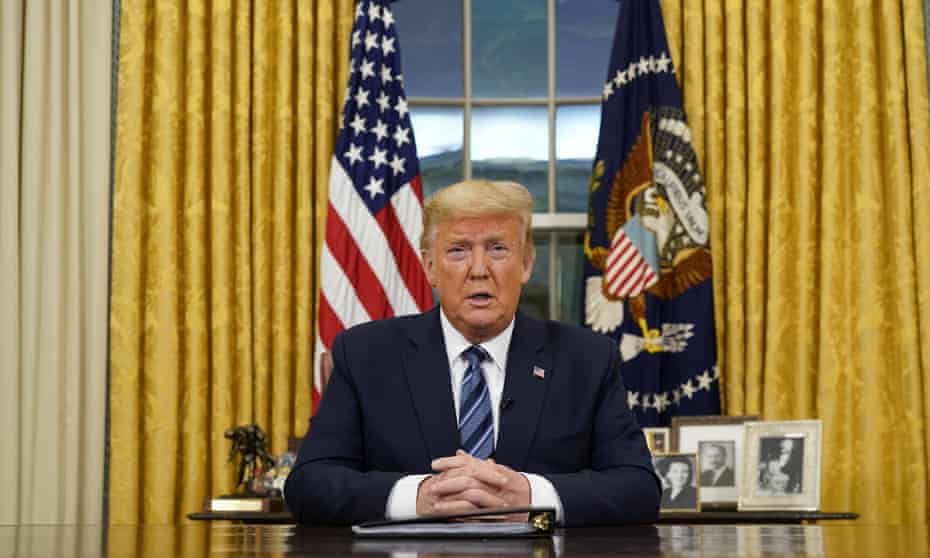In a sweeping immigration move, U.S. President Donald Trump has signed a new executive order barring citizens from 12 countries from entering the United States, citing national security concerns. The directive, which takes effect on June 9, 2025, also imposes partial travel restrictions on nationals from seven additional countries.
Countries Affected
The full travel ban applies to Afghanistan, Myanmar, Chad, Republic of the Congo, Equatorial Guinea, Eritrea, Haiti, Iran, Libya, Somalia, Sudan, and Yemen. Meanwhile, Burundi, Cuba, Laos, Sierra Leone, Togo, Turkmenistan, and Venezuela face partial restrictions.
Trump defended the measure as a necessary step to protect American security, stating, “We cannot have open migration from any country where we cannot safely and reliably vet and screen.” The administration cited concerns over terrorism, poor cooperation on visa security, and inadequate identity verification systems in the affected nations.
Critics argue that the ban disproportionately targets African, Middle Eastern, and Caribbean nations, raising concerns about discrimination rather than a data-driven security policy. Notably, none of the banned countries have recent histories of terrorism on U.S. soil.
In a separate directive, Trump has ordered heightened visa screening for foreign students applying to Harvard University, a move that has alarmed civil liberties groups.
With legal challenges expected, the debate continues: Is this truly about national security, or is there a deeper political motive?
What do you think? Share your thoughts in the comments.


